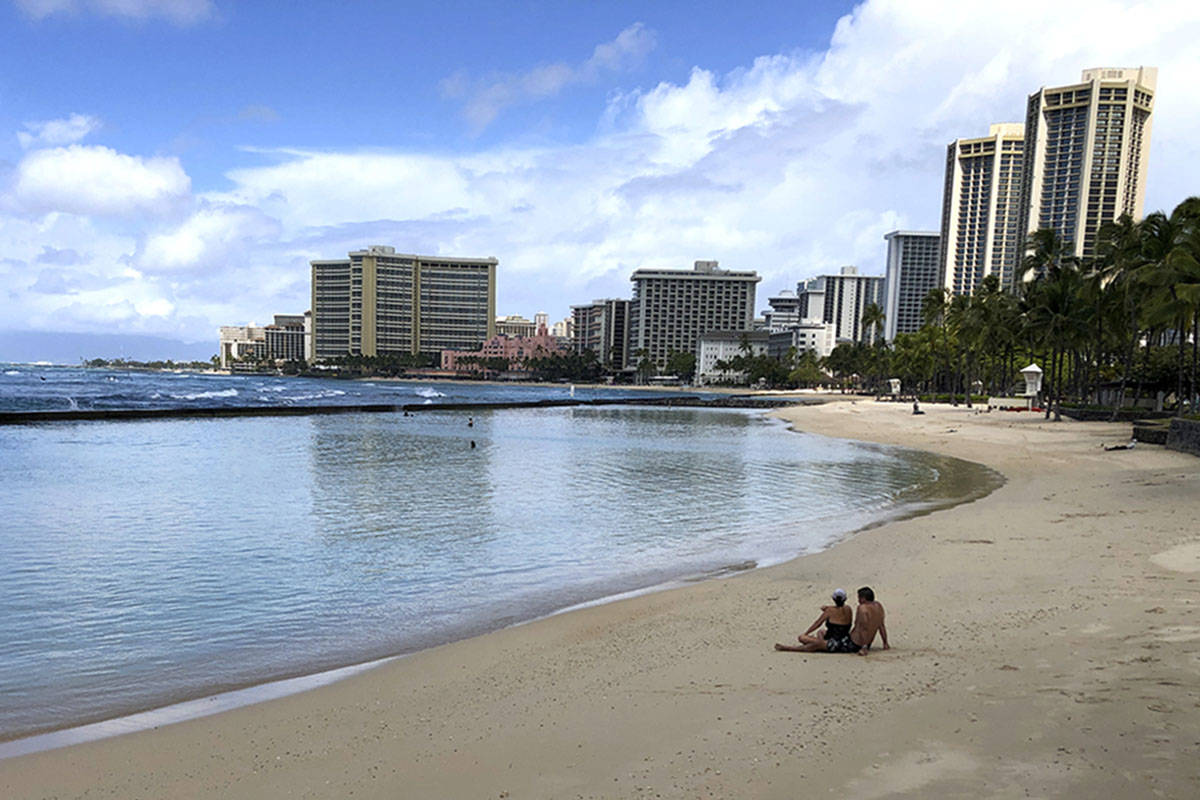Hawaii extends stay-at-home order until May 31
HONOLULU — Gov. David Ige on Saturday extended the state’s stay-at-home order and the mandatory quarantine for visitors through May 31.
“This was not an easy decision. I know this has been difficult for everyone. Businesses need to reopen. People want to end this self-isolation and we want to return to normal,” Ige said in a statement. “But this virus is potentially deadly, especially for the elderly and those with pre-existing conditions.”
Ige also announced that elective surgeries may now take place and beaches will be open for exercise.
At a news conference to outline the moves, Ige pointed to alarming COVID-19 clusters on the Big Island and Maui, Hawaii News Now reported. “We still need to remain vigilant.”
In his statement, Ige warned of undoing Hawaii’s progress in containing the virus if public places open up too early. Hawaii has around 600 cases of coronavirus and 14 deaths from the illness, according to the Johns Hopkins University database.
“Thanks to our residents, we are flattening the curve, saving lives, and avoiding a resurgence of this virus by not reopening prematurely,” Ige said.
The governor also extended the eviction moratorium, which prevents any eviction from a residential dwelling for failure to pay rent, through May 31.
For most people, the coronavirus causes mild or moderate symptoms, such as fever and cough that clear up in two to three weeks. For some, especially older adults and people with existing health problems, it can cause more severe illness, including pneumonia, and death. The vast majority of people recover.










































